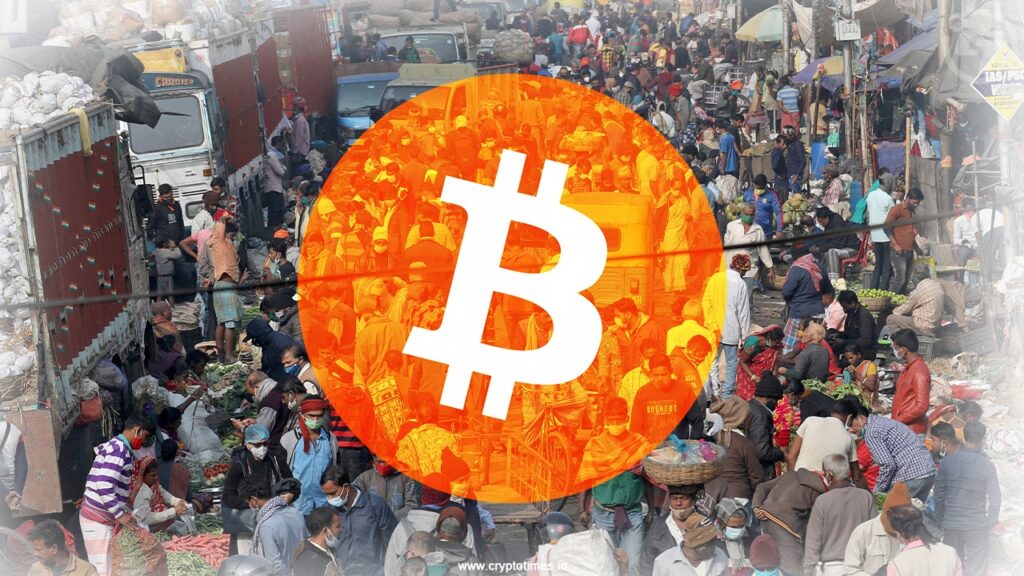Now Reading: Scam Alert: From ₹2,000 Cr Frauds to Cyber Slavery
-
01
Scam Alert: From ₹2,000 Cr Frauds to Cyber Slavery
Scam Alert: From ₹2,000 Cr Frauds to Cyber Slavery

India’s cybercrime landscape is evolving, and the latest wave of scams is more complex and alarming than ever. From multi-thousand crore cryptocurrency frauds to human exploitation through cyber slavery rackets, the dangers are no longer limited to big cities. Tier-2 towns, with their growing digital adoption, are increasingly becoming targets, and in some cases, unwitting participants in these schemes.
The ₹2,000 crore cryptocurrency scam in Himachal Pradesh has shaken trust in digital investments. With more than 80,000 victims, it exposed how fraudulent operators exploited people’s lack of technical understanding and trust in community-led investment promises. Many victims were lured by the prospect of quick profits, only to realise their funds had vanished without a trace.
In a different but equally disturbing trend, cyber slavery rackets have surfaced, often linked to fake overseas job offers. Victims, many from smaller Indian cities, are lured with the promise of well-paying jobs abroad. Upon arrival, their passports are seized, and they are forced to run online scams—sometimes involving cryptocurrency transactions—for criminal networks. These operations are increasingly being traced to international syndicates using India as both a recruitment ground and an operational base.
Authorities have stepped up action, with state cybercrime units and the central agencies cracking down on networks operating both domestically and abroad. However, the challenges are significant. Cross-border jurisdiction issues, rapid digital payment channels, and the anonymity offered by cryptocurrencies make investigation and recovery slow. In many cases, victims are too afraid or ashamed to come forward, which further delays action.
For Tier-2 city residents, the takeaway is clear—digital opportunity comes with digital risk. Blind trust in unknown investment platforms or job offers can lead to devastating losses, financial or personal. Staying informed, verifying sources, and seeking advice before making major commitments are critical steps to safeguard against these modern scams. As India’s digital footprint expands, awareness and vigilance will be as important as regulation in keeping such crimes at bay.

























